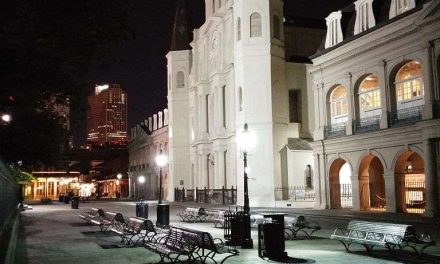“Enfreakment in (Transnational) North American Culture”
Conference at Leipzig University, Germany
Institute for American Studies
22-23 May 2025
Organizers: Katja Kanzler, Ella Ernst, Laura Pröger, Anna Gaidash, Annika Schadewaldt, Stefan Schubert
From the freak shows of the 19th century to contemporary odd, extraordinary, or otherwise exceptional characters, the ‘freak’ as a figure has seen tremendous popularity throughout US literature and culture. Scholars such as David Hevey, Rosemarie Garland-Thomson, and Robert Bogdan have investigated the freak show as an exhibition format that relies on the display of human non-normativity to generate a sense of spectacle and curiosity. While there has been widespread scholarly interest in the ‘freak’ as a figure, this conference proposes to focus on the underlying processes of constructing or designating somebody as a ‘freak’—the highly complex, dynamic, and contradictory processes that have been described as ‘enfreakment.’
The term enfreakment refers to the processes whereby particular instances of (bodily) non-normativity are constructed as sensational, deviant, and polarizing. While practices of enfreakment historically hail from the realm of popular culture, they have become equally potent in literary fiction, theater, and other performance arts. Whereas many instances of enfreakment, across these different fields of cultural production, revolve around performances of othering, abjection, and disparagement, some instances invoke the protocols of enfreakment to reflect on or critique them. Finally, practices of enfreakment have also been employed to renegotiate the ‘freak’ figure as a positive signifier (e.g., in the freak scene counterculture of the 1960s to mid-1970s). Enfreakment, therefore, channels and gives insight into US culture’s anxieties, its politics of normativity, and its invective archives at any given historical moment. Exploring processes of enfreakment promises to unpack how cultural norms and values are constructed and reinforced, as well as the ways in which they can be subverted and challenged.
The conference thus aims to shine a light on enfreakment as a performative practice and a conceptual tool to examine depictions of non-normativity, deviance, and extraordinariness as negative as well as positive signifiers of difference. We are interested in contributions that provide North American but also transnational perspectives, from literary and cultural studies, history, media studies, theater and performance studies, or related disciplines, addressing questions like: What are the protocols of enfreakment—the language, the performative scripts, etc.—by which popular culture stages freak figures? In what ways do practices of enfreakment negotiate social constructions of normativity and deviance, and how do different media formats reflect these constructs? Where and how is enfreakment mobilized reflexively or critically? Where and how have practices of enfreakment mediated a resignification of the ‘freak’ as a positive identity category?
Possible topics may include (but are not limited to):
- process- or practice-oriented engagements with the construction of freak figures in popular media past and present (e.g., horror films, TV shows, exploitation films, superhero fiction, internet memes, video games, musicals)
- process- or practice-oriented engagements with the construction of freak figures in theatrical, presence-based venues (e.g., freak shows, theater plays, bodybuilding contests)
- the interplay between processes of enfreakment and the social construction of normativity and deviance
- enfreakment and disparagement
- enfreakment and reflexivity
- enfreakment and positive resignifications of the freak figure (e.g., ‘geek’ and ‘nerd’ subcultures, self-enfreakment)
Please send proposals of about 300 words, alongside a brief biographical note, to laura.proeger@uni-leipzig.de and anna.gaidash@uni-leipzig.de by July 28, 2024.





